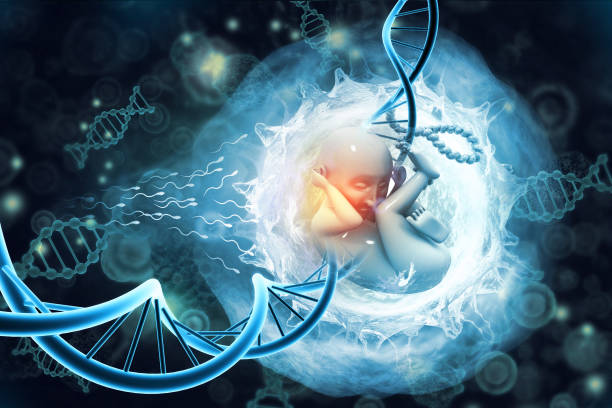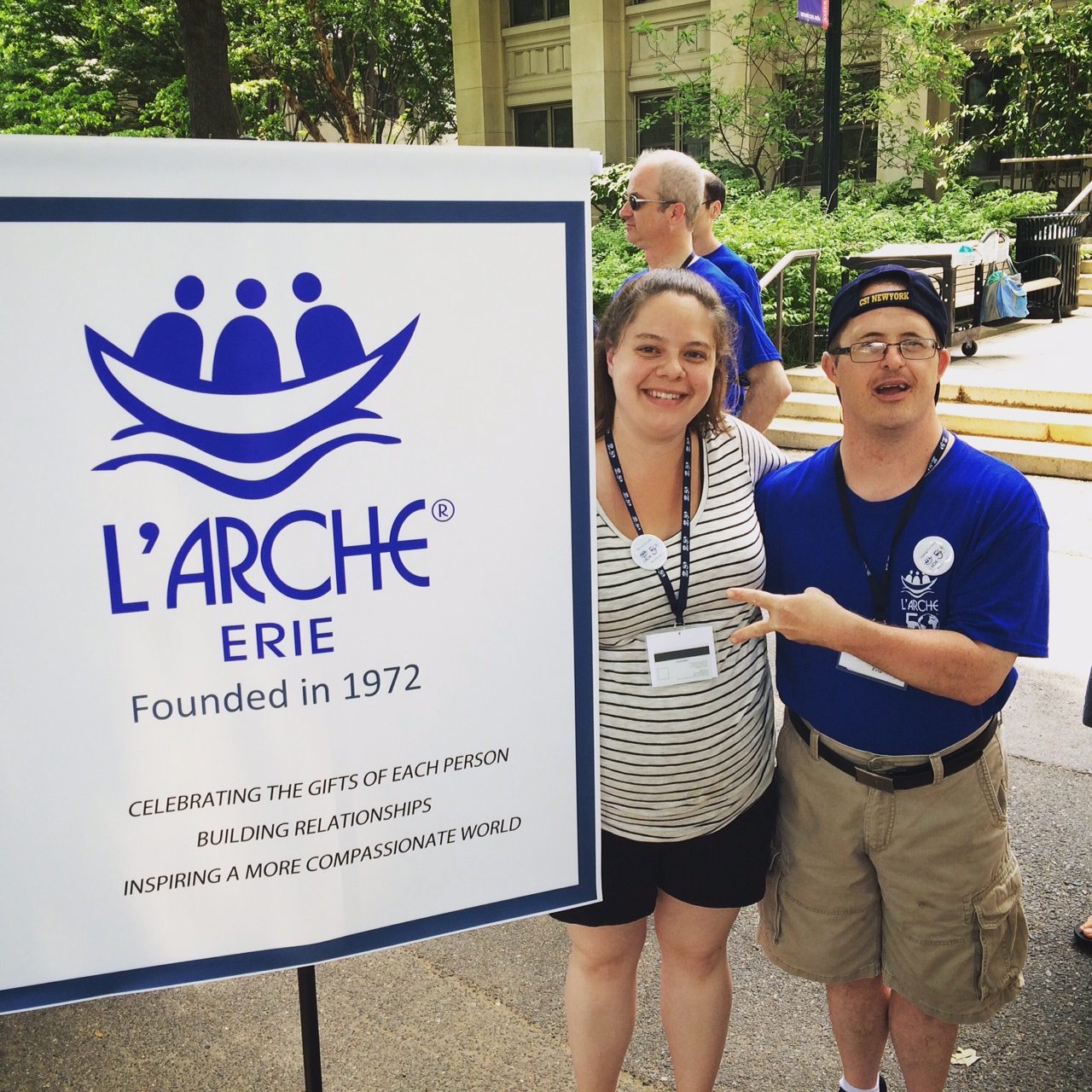Possible Preaching Themes
Possible Scientific Resources
- Cultivating mercy: in 2000 Pope John Paul II proclaimed this “Divine Mercy Sunday,” themes reflected in the readings (e.g., Acts many cures of the sick; gospel of merciful forgiveness that Jesus’ death and resurrection enacted)
- The power of touch: Thomas’ instinct to want to see for himself, to touch the wounds of Jesus, is a natural human instinct and call to mission for touching the wounds of the world.
- Cultivating mercy:
- “The compassionate Instinct;” psychologist Dacher Keltner argues for a biological basis for compassion, a parallel virtue to mercy https://greatergood.berkeley.edu/article/item/the_compassionate_instinct
- “The emerging science of Virtue;” scientists are testing claims that virtues are important in human psychology and behavior. This article outlines some of these paths in the context of “virtue science” https://journals.sagepub.com/doi/10.1177/1745691620924473
- “Neuroscience, Morality and Virtue’; a 50-minute video by Psychologist Warren Brown demonstrating that moral decisions and actions show a consistent network of brain structures that are port of those involved in social emotions and intuitions https://www.faraday.cam.ac.uk/resources/multimedia/the-neuroscience-of-virtue/
- “How can neuroscience contribute to moral philosophy;” recent neuroscience can support moral philosophical and psychological accounts of human morality” https://link.springer.com/article/10.1007/s40889-016-0016-9
- The Power of Touch
- “Hands on Research: the Science of Touch;” psychologist Dacher Keltner explains how everyday forms of touch can bring emotional balance and better health https://greatergood.berkeley.edu/article/item/hands_on_research
- A short video of this https://www.youtube.com/watch?v=GW5p8xOVwRo
- “Hands on research;” very brief article siting important studies from early 20th century demonstrating that the majority of institutionalized infant under the age of 2 died due to failure to thrive, related to the lack of touch and affection. https://www.evergreenpsychotherapycenter.com/importance-touch/
- “Benefits of Human Touch: What is the impact on our Health?” brief article providing overview of values of human touch for our wellbeing, including 8 links to resources providing provide scientific bases for these claims https://www.hcf.com.au/health-agenda/body-mind/mental-health/benefit-human-touch
Homily Outline Combining Resources
Homily outline: Thomas the Toucher
- Rehabilitating Thomas
- Thomas is famously labeled “the doubter,” a limiting and demeaning classification that overlooks important modeling for faith
- Earlier in Gospel when Jesus decides to go into dangerous Bethany, Thomas the brave who insists the disciples go along even if it means dying with Jesus (11:16)
- When Jesus is giving his last supper discourse, Thomas the irrepressible confesses honestly that he does not know where Jesus is going (14:5)
- Today’s gospel reveals Thomas the unscamable who wants to witness the risen Christ himself
- Barbara Brown Taylor exploits this aspect of Thomas in her homily on this passage (Home by Another Way 1999, p. 114):
- “Thomas is a stand-n for all of us who want to see something for ourselves before we decided whether or not it is true”
- Furthermore, he does so through one of the most intimate and forms of human communication: touch
- The vital power of touch
- When thinking of important communication modes, we may think of speech, digital images, sounds of music
- touch is the first sense that babies develop in the womb, touch receptors developing on their face by week 8 of pregnancy https://www.whattoexpect.com/pregnancy/fetal-development/fetal-touch/
- Touch is essential for the health of newborns; studies show that well-nourished, safely sheltered infants without touch are likely to experience developmental problems and even die https://www.evergreenpsychotherapycenter.com/importance-touch/
- Touch starvation or “skin hunger” occurs with adults
- Without enough physical touch we can become stressed, anxious, or depressed https://www.webmd.com/balance/touch-starvation
- This was a widespread phenomenon during COVID-19 when grandparents ached to touch their grandkids, and family members longed to touch sick and dying loved ones https://www.une.edu.au/connect/news/2021/03/touch-hunger-causes-new-form-of-suffering-under-covid-19
- Touch is important for the wellbeing of adults
- Frequent hugs can lower blood pressure
- aid combatting depression
- even help NBA players play better when they performed bonding gestures like high-fives, back-slapping and chest-bumps https://www.hcf.com.au/health-agenda/body-mind/mental-health/benefit-human-touch
- Helen Keller (d. 1968) was a celebrated author, disability rights advocate whose primary sense for making her way into the world was touch
- Less well known was Laura Brigman who lost the use of even more senses than Keller [Keller could smell and taste] yet became the first deaf-blind person to receive a full education https://www.todayifoundout.com/index.php/2011/11/a-woman-who-lost-the-ability-to-smell-taste-see-and-hear-as-a-child-was-the-first-deaf-blind-person-to-be-fully-educated/
- The tactile Savior, our tactile worship
- Jesus was fully human; like every other human being, his skin was the largest organ in his body
- He deployed the sense of touch often and in striking ways,
- Multiple times he touched the blind in healing them (e.g., Mark 8:22-26)
- He touched the bier of the widow’s son before he raised her [Luke 7:14)
- He touched the leper to heal him (Matt 8:3)
- He touched the servant of the high priest and healed his severed ear (Luke 22:51)
- He touched his disciples when they were crouched in fear after the transfiguration (Matt 17:7)
- As he was also touched in the hope of grace and healing (e.g., Mark 3:10)
- In the same way our fully embodied worship is filled with acts of touch
- Laying hands on the elect for initiation and ordination
- Chrismating babies and confirmandi
- Signing baptized with ashes
- Embracing each other in the sign of peace
- Gospel implications
- Psychologist Dacher Keltner notes, we live in a touch deprived world
- We would rather stand apart, maybe look out of curiosity, but are cautious of getting to close, with hand sanitizer on the ready
- Thomas challenges any stand-offish form of Christian discipleship
- The world is wounded as was the Christ
- His willingness to touch the wounds, to get up close and personal with pain, even crucifixion, prompts us to do the same
- Our families, our neighbors, the stranger, the marginalized are skin-hungry for the compassionate Christ
- As we were touched by hand and water and chrism in baptism, so we are missioned to reach out to others.
Related Homily Outlines
Couldn’t find what you’re looking for?
Try searching with another filter

Preaching with Sciences

Edward Foley, Capuchin
Duns Scotus Professor Emeritus of Spirituality
Professor of Liturgy and Music (retired)
Catholic Theological Union
Vice-Postulator, Cause of Blessed Solanus










